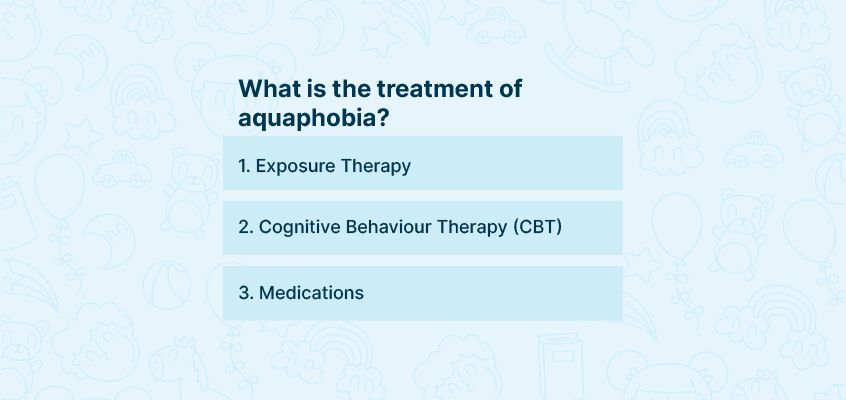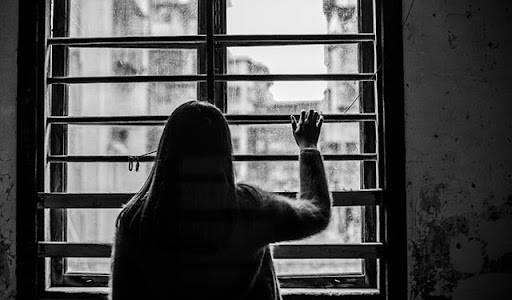Introduction
Autophobia, also known as monophobia, is the fear of being isolated. Although it is common for people to feel lonely at times, for autophobic people, this fear can be so extreme that it interferes with the ability to normally function. There are no possible treatments for this phobia.
What is Fear of being alone/Autophobia?
Autophobia – or the fear of being alone – is an irrational fear of spending time alone. This phobia is classified as a specific phobia and is part of a group of phobias known as agoraphobia. Autophobic people are prone to panic attacks when left alone. It’s not necessary to be physically isolated. Individuals with autophobia may feel alone even in crowded areas or groups of people.
Since people severely suffering from autophobia find it nearly impossible to complete specific tasks and activities, many suffer from depression accompanying this condition. They picture the worst-case scenario in their heads. They may, for example, experience a panic attack and believe they will die as a result. Usually, autophobia starts in your childhood or teenage years, continuing into adulthood.

Causes of autophobia
- Children may develop this phobia due to their parents’ abandonment, which affects them as they grow up and develops into autophobia.
- This phobia can develop later in life, like the death of a close relative.
- This phobia is most commonly associated with other anxiety disorders.
- History of physical and sexual abuse alone, causing extreme trauma, can lead to phobias.
- Genetics and environmental factors like family history of phobias, anxiety disorders, or bad experiences within the family can trigger Autophobia.
- It can run in families.
- Negative or traumatic experiences or a panic attack while alone.
- A parent’s overprotective mechanism can cause autophobia.
- Repeatedly listening to negative experiences from a family member or a friend can induce fear.
What are symptoms of Autophobia?
- You may have intense anxiety when alone or think about being alone in certain situations.
- You avoid being alone on purpose.
- You fear what could happen while you are alone.
- You worry a lot about being alone and think you may get seriously injured or die.
- You have symptoms such as fainting, inability to concentrate on anything, failure to think clearly.
- You often have emotional symptoms like stress, thoughts of being alone, and fear of being isolated.
- Physiological changes include increased heart rate, blood pressure, and sweating. The severity of the phobia increases these symptoms.
- Physical symptoms include cold and hot flashes, numbness, lightheadedness, tremors, shortness of breath, dry mouth, nausea, dizziness, and headaches.
- Changes in eating and sleeping habits result from an irrational fear of being alone.
- When you are alone or thinking of a situation where you will be alone soon, you experience extreme terror.
How to overcome autophobia
- Identify the cause of your fear of being alone. Do not allow fear to control you or to control your life. When you know what you are afraid of, you can decrease it.
- Do not let your fear get in the way of your thoughts and feelings. Fear does not define you.
- Work at home by yourself, constantly visualising your fear when being alone. Consider yourself safe and happy when alone. Visualisation helps you feel more confident about yourself when facing the fear of being alone in real life.
- Acceptance: Learn to accept the fear of being alone. Repeat out loud several times or to yourself, “I accept the fear of loneliness I feel”. Make a conscious effort to consider situations and remind yourself that you do not need to be afraid of being alone because it is incredibly safe. This reassuring message can help you overcome your fear.
- Gradual exposure to the situation that causes your fear: Face your fears by gradually increasing your exposure to being alone. This method of gradual exposure takes time, but you will eventually train the mind and body to operate automatically and naturally. The more you do, the more you get introduced to overcome your fear. Start small and gradually increase your periods of independence. Take a 15-minute walk in the park with your friend. Ask your friend to leave you alone for 10 minutes at a time while walking. After some days, you will find that you can increase the period and thereby increase your confidence, self-reliance, and independence.
- Overcome your fear of being alone through distraction and listening to music when running alone or turning on the television when alone at home. Using noise to interrupt the silence of isolated situations can be of great help.
- Take small steps until you feel at ease. Work on improving one aspect of your life at a time.
What are treatment of of Autophobia
Since autophobia affects each person differently, no one specific treatment suits everyone. In most cases, the treatment is psychotherapy. Some other forms of therapy which might help combat autophobia include:
- Exposure therapy: the therapist will expose you to the source of your phobia over and over again. First, the therapist does this in a controlled setting where you feel safe and eventually move to a real-life situation.
- Cognitive-behavioral therapy: CBT uses techniques that help you learn how to confront and cope with being alone in a constructive way. The therapist will work with you to examine your thinking pattern around your phobia.
- Medications: One can use these – only when prescribed – to stabilise symptoms. One should use medication along with therapy. Although medication cannot help treat phobias, it can help with symptoms like panic and anxiety.
Conclusion
Being afraid does not imply that you are in danger. It’s just your body’s attempt to protect you by making you fearful. You can overcome it by consistent effort and addressing the underlying cause. Help is right around the corner! For professional mental healthcare, you can seek support from online platforms, such as United We Care.










